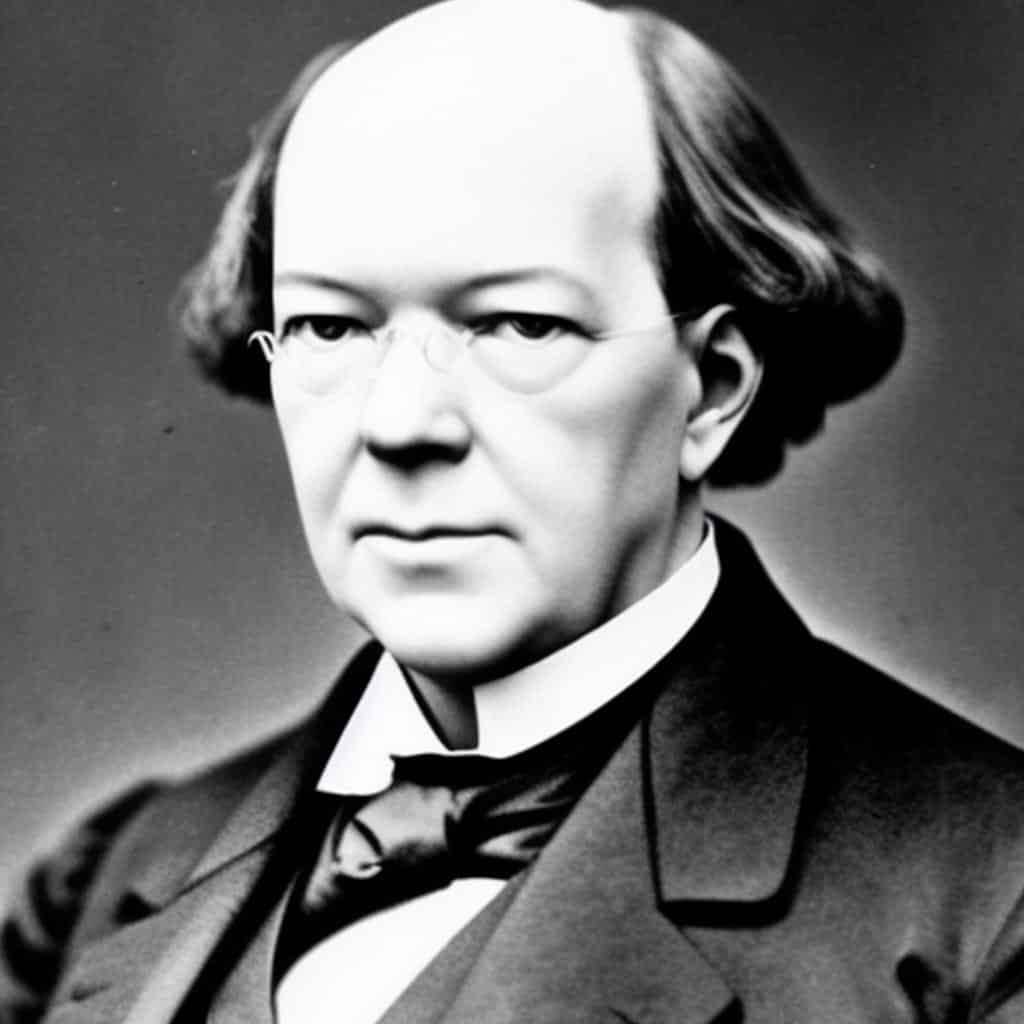REMNANT TRUST COLLECTION
Herbert Spencer

“No one can be perfectly free till all are free; no one can be perfectly moral till all are moral; no one can be perfectly happy till all are happy. Society exists for the benefit of its members, not the members for the benefit of society.”
– Spencer
b. 1820 CE – d. 1903 CE
Herbert Spencer was one of the last men to attempt—in Francis Bacon’s phrase—“to take all knowledge for his province.” Spencer was a believer in individualism over bureaucracy and the extension of governmental powers over the lives and actions of private citizens.
His labors coincided in time with the great development of biology under the stimulus of the Darwinian theory, and the sympathizers with the new views, feeling the need of a comprehensive survey of the world as a whole, very widely accepted Spencer’s philosophy at its own valuation, both in England and, still more, in America.
To the theory of knowledge Spencer contributes a “transfigured realism,” to mediate between realism and idealism, and the doctrine that “necessary truths,” acquired in experience and congenitally transmitted, are a priori to the individual, though a posteriori to the race, to mediate between empiricism and apriorism. To Herbert Spencer there was little difference between enslavement of the mind and enslavement of the body… All forms of enslavement react upon the slaveholder, and a society founded on force can not evolve—and not to evolve is to die.
Herbert Spencer accepted the doctrine that each individual has the right to preserve himself. Indeed, he saw in nature a struggle in which the fittest survived and the less fit perished. Thus, men must be free to struggle and provide their fitness to survive.

